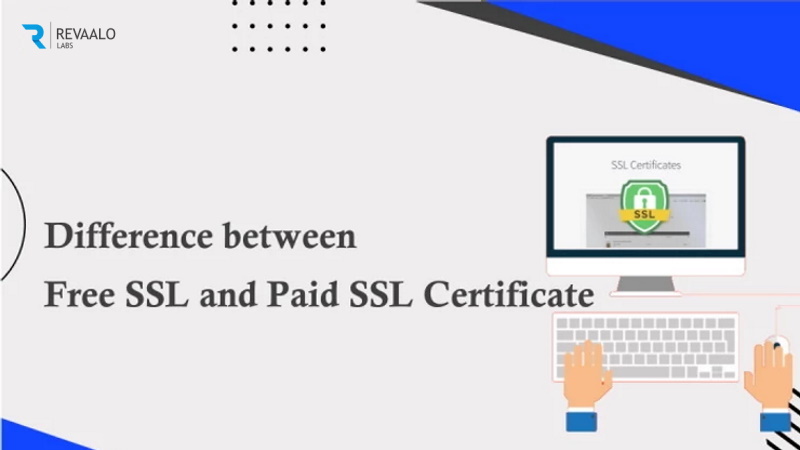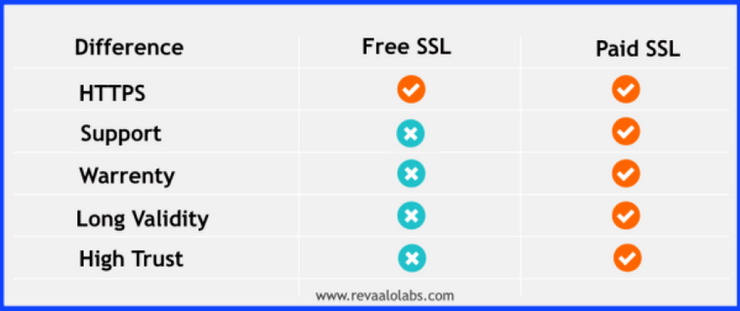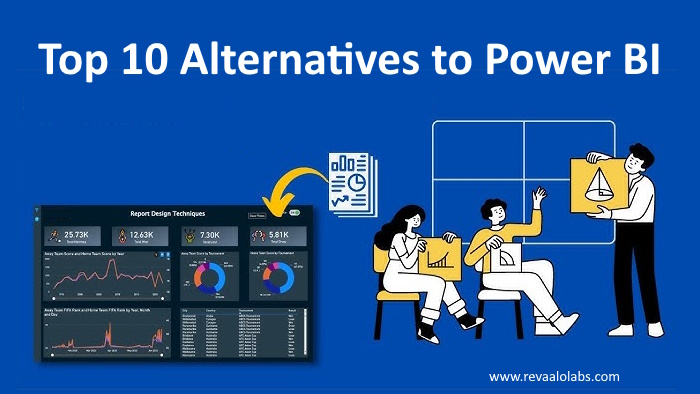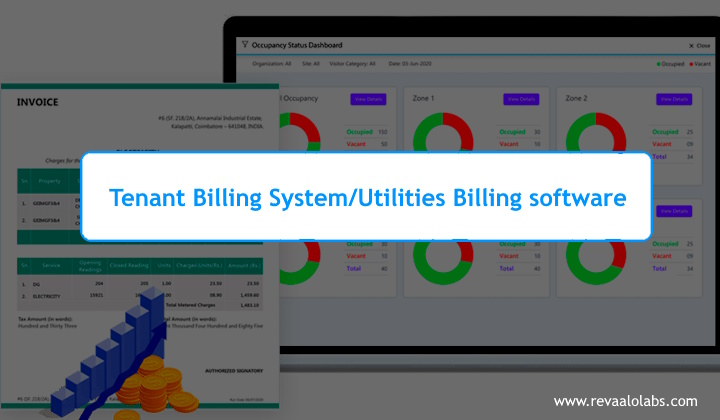#SSL #https #www #Secure #Website

In this special blog post, We shall discuss the differences between “Free SSL” and “Paid SSL” Certificates and help you decide the kind of SSL Certificate that best suits your website’s security.
Website owners have always been concerned about the security of their websites.
In this digital era, where cyber-crimes are on the rise, website owners and online visitors are concerned about their site securities and transaction securities, respectively.
SSL certificate classified into two types. One is a Self-signed certificate, which is not signed by any Certificate Authority (CA) and another is SSL certificate issued & signed by trusted Certificate Authorities (CA).
What are the free SSL security certificates?
Free SSL certificates come free as they’re issued by non-profit certificate authorities. Let’s Encrypt, a leading non-profit CA provides SSL/TLS certificates for free. Their purpose is to encrypt the entire web to the extent that HTTPS becomes the norm.
What are the Premium SSL Certificate?
To obtain an SSL certificate for your website, you must pay the cost of this certificate first. The certificate is issued and signed by a trusted international company such as Global Sign, GoDaddy, COMODO, ClickSSL etc.

Key differences between free and paid SSL certificates:
1. Certificate Validity Period:
-> Free SSL Certificate comes with short validation period compare to paid SSL. Generally, Free SSL certificate valid for only 30 to 60 days.
-> Paid SSL Certificate comes with 1 to 2 years validity period option.
2. Level of authenticity:
-> A Free SSL is basically a Domain Validated (DV) Certificate. These certificates provide the only basic level of security and authenticity. Free SSL are preferred by blogs and static websites where no transaction occurs.
-> Paid SSL you decide what you want. You can have a Domain Validated, Organization validated or even Extended Validation SSL certificates. With paid certificates, you get access to a green padlock, which represents trust and allows users you rely on your site for online shopping.
3. Level of Trust:
-> Free SSL CAs have only minimal safeguards and can inadvertently issue certificates to illegitimate or even malicious websites. They therefore carry a much lower level of trust with web users.
-> A Paid SSL certificate will be issued and signed by an established and trusted Certificate Authority (CA) such as Symantec, or Thawte, and will carry a strong brand name recognised by most web users. They will invest in security infrastructure to help prevent issuing certificates to fraudulent websites, thereby strengthening the validity of those they do issue.
4. Support:
-> Free SSL certificate providers are not liable for providing online support in case anything goes wrong with your site.
-> A Paid SSL reseller is bound to provide support 24X7. Certification Authorities (CAs) are liable to provide support to everyone who has paid for SSL certificate. With customer support, businesses can manage their resources well and get ahead of their competitors.
5. Warranty:
-> Free SSL Users do not get any warranty or guarantee assurance while purchasing a free SSL certificate.
-> Paid SSL users do get a promising warranty with a paid SSL certificate, no matter from which CA you get it.
Hope you liked it. If you have any requirement related to Software Development feel free to connect. Thanks!

One of the most critical decisions website developers must make is deciding what unit of measurement to use when sizing elements, fonts, and other design properties.
Read more
It`s an amazing technology-one that will help us solve society`s toughest problems and reshape the world.
Read more13
December

Today, web browsers play a significant role in our lives, providing us with access to a world of information and possibilities.
Read more
Power BI is a popular business intelligence tool developed by Microsoft for data visualization and analysis. While Power BI is a robust solution, there are several alternatives available that cater to different needs and preferences.
Read more09
October

Tenant billing systems are software solutions used by property owners, managers, and landlords to accurately bill tenants for their usage of utilities and services.
Read more